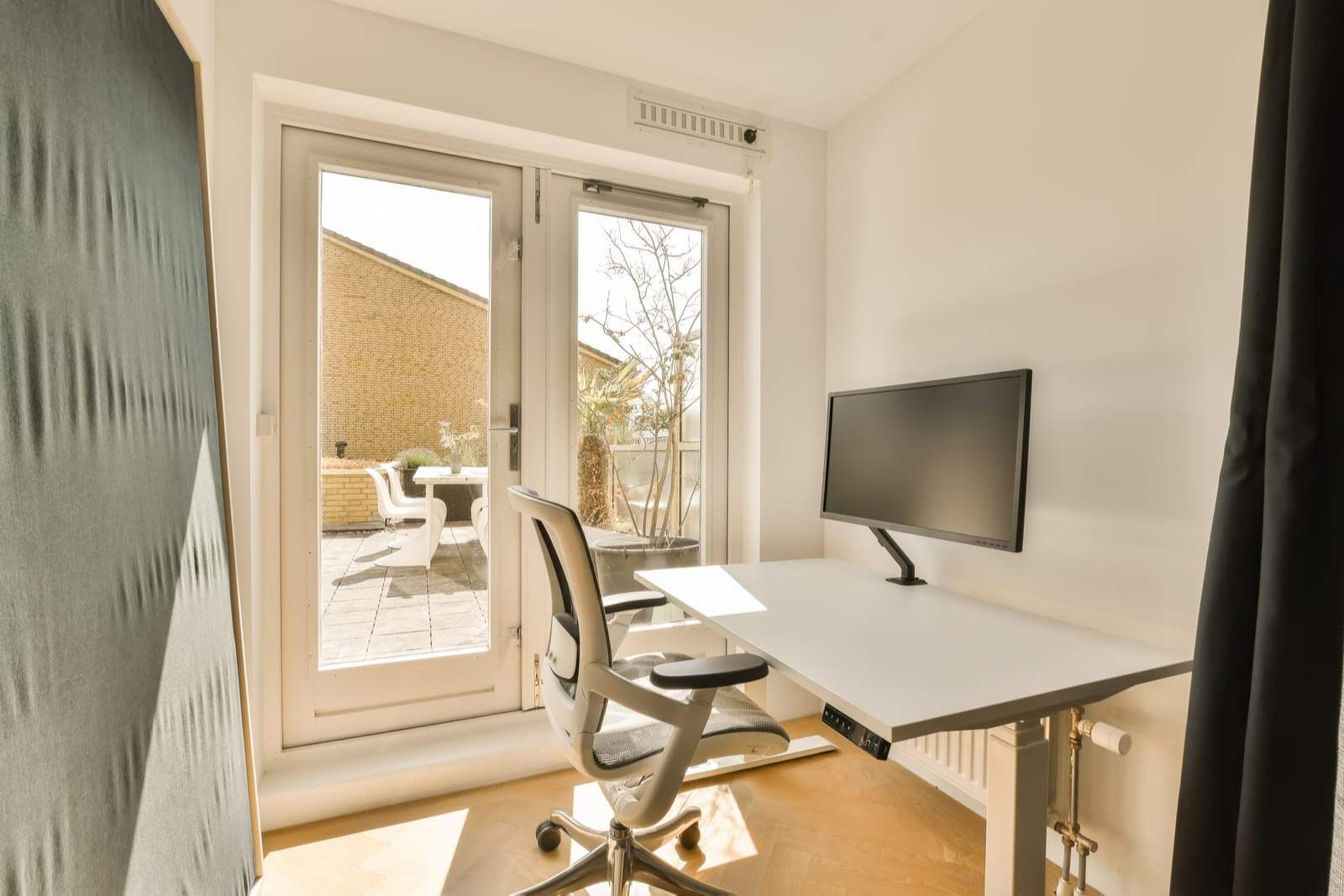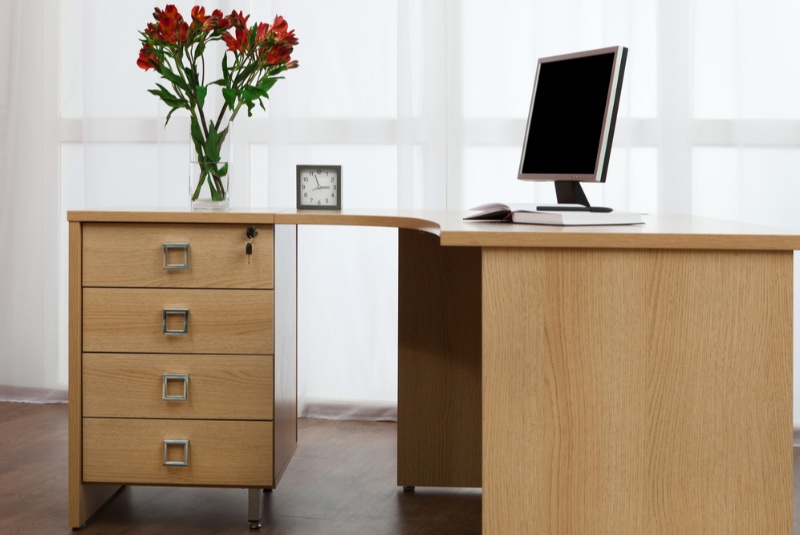In a world where remote work and home offices have become the norm, having a functional and ergonomic computer desk is no longer a luxury but a necessity. The right desk not only organizes your workspace but also promotes better posture, mitigates health issues, and fosters productivity. However, with the vast array of options available in the market, selecting the right desk can be a daunting task. To guide you on this purchase journey, we have compiled a list of essential tips for smart shopping.
1. Assess Your Space
Before even browsing potential desks, you need to evaluate the space where it will reside. Consider the dimensions of the room, the layout, and how the desk will fit in harmoniously without cramping the space. Always measure the area to avoid buying a desk that is too large or too small.
2. Determine Your Needs
Different tasks require different desk configurations. List down your daily tasks and the equipment you use, such as multiple monitors, printers, or drawing tablets. Your desk should accommodate all these essentials comfortably.
3. Ergonomics Matters
Investing in a desk with ergonomic features can save you from potential health issues in the long run. Look for desks with adjustable heights, rounded corners, and features that facilitate correct posture while working. A desk that allows you to work both sitting and standing can be a great option.
4. Material Quality
Computer desks come in various materials, including wood, metal, and glass. Wood offers a classic look and durability, while metal desks are known for their modern appeal and sturdiness. Glass desks, although sleek and elegant, may be prone to fingerprints and scratches. Consider the pros and cons of each material before making a decision.
5. Storage Solutions
A desk with built-in storage solutions such as drawers, shelves, and cabinets can help you keep your workspace organized and clutter-free. Assess the amount of storage space you need and choose a desk that offers the right balance between storage and workspace.

6. Cable Management
In the digital age, a tangle of wires and cables is a common sight. Opt for a desk that comes with built-in cable management solutions to maintain a neat and organized workspace. Features such as grommet holes and cable trays can be incredibly beneficial.
7. Easy to Assemble
Unless you are buying a pre-assembled desk, you will have to set up the desk yourself. Check the assembly instructions and reviews to ensure that the desk can be assembled easily without requiring professional help.
8. Flexibility and Adaptability
As your needs change, your desk should be able to adapt. Desks with modular designs allow you to add or remove components as needed, offering flexibility in the setup.
9. Budget
Set a realistic budget for your desk purchase. While it is tempting to go for cheaper options, remember that a good-quality desk is a long-term investment that will serve you for years to come.
10. Reviews and Recommendations
Lastly, take time to read reviews and seek recommendations from friends, family, or online communities. First-hand experiences can offer invaluable insights into the product’s quality and functionality.
Bonus Tip: Warranty
A warranty is a testament to the product’s durability and the manufacturer’s confidence in it. Opt for desks that come with a reasonable warranty period to safeguard your investment.
Buying a new computer desk is a significant investment, and making an informed choice is crucial. By considering the available space, your individual needs, ergonomics, material quality, and other factors listed above, you can find a desk that not only meets your requirements but enhances your working experience.
Remember that the right desk is an amalgamation of style, functionality, and comfort.

